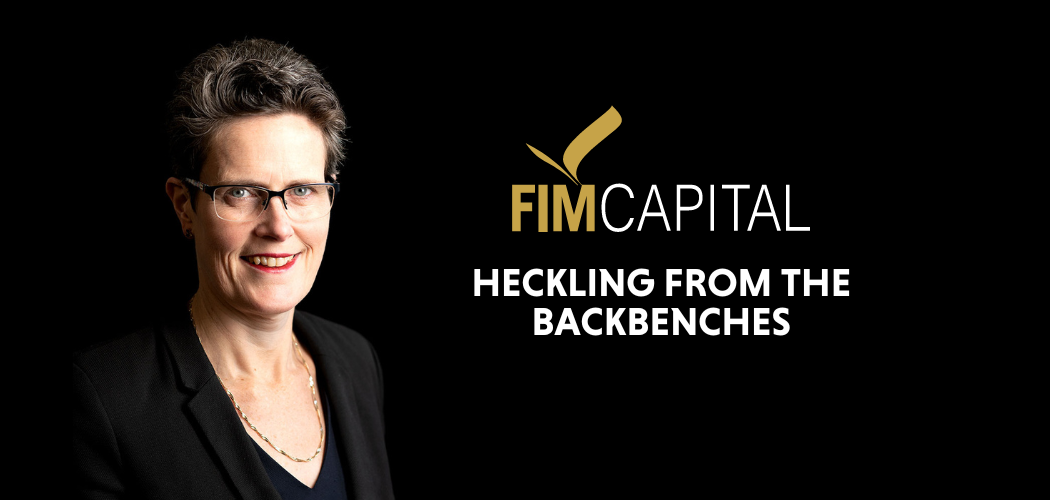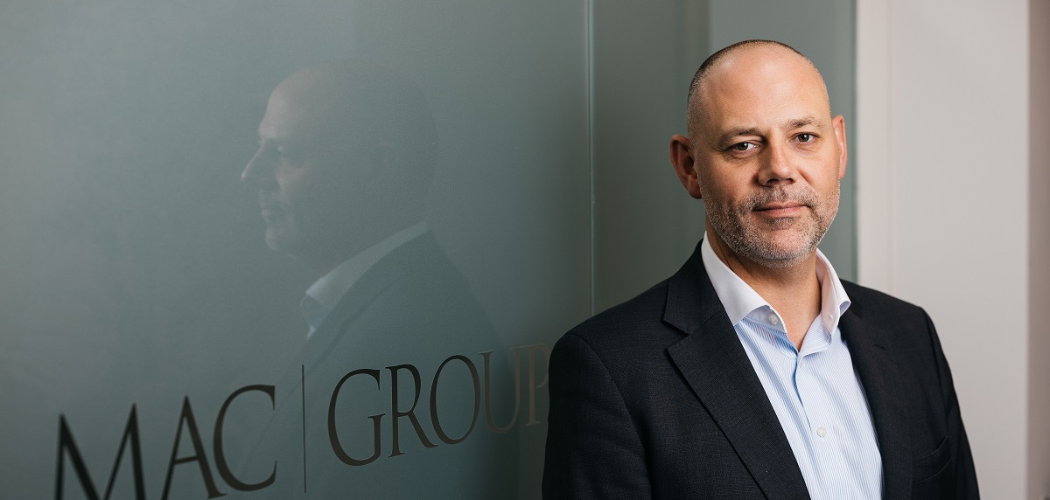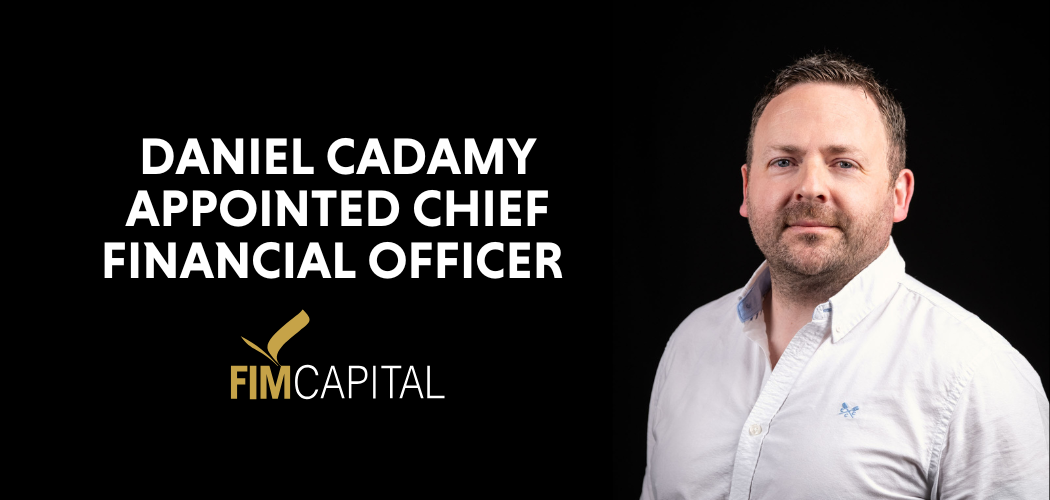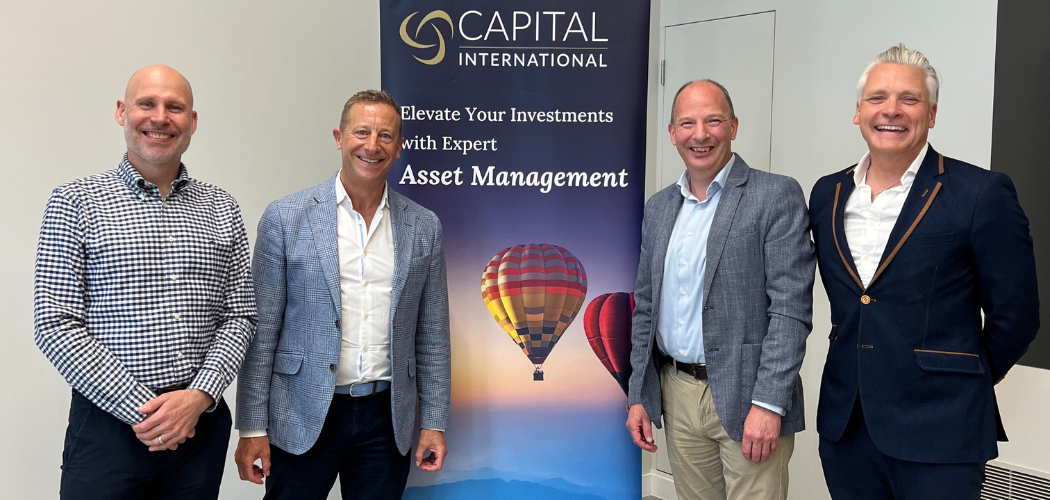Heckling From The Backbenches
15 March 2024

Written by Mary Tait, Chief Investment Officer at FIM Capital.
‘For everyone to whom much is given, from him much will be required; and to whom much as been committed, of him they will ask the more.’ (The Gospel of Luke, 12:48)
Whether it’s bickering about Elgin Marbles or the Autumn Statement, as soon as everyone gets a whiff of an election, be it Prime Ministerial or Presidential, before the ink has even dried on the broadsheets, the primary goal of backbenchers is seemingly to criticise everything their incumbents have achieved (or not achieved). When their turn comes to take the reins, however, history suggests that they’re not all that much better, especially when high debt levels have taken away the punchbowl. Sometimes the devil you know is better than the devil you don’t and sometimes the devil is in the detail, rather than in the manifesto.
While my first paragraph might be laden with well-worn political scepticism, as a director of a regulated company in the Isle of Man, I have a modicum of sympathy for those decision makers. Appointment to a board of directors causes one’s sense of perspective to pivot from witnessing the results of someone else’s policy to the implementation and consequences of your own actions. The finger-pointer becomes the pointee.
Being qualified at the highest level in one’s field still doesn’t quite prepare you for the acronym jungle out there. Imagine that delightful moment, for example, when you realise that a BRA is not a piece of underwear gifted to the inmates of a Thai prison by Bridget Jones, but a Business Risk Assessment, several sections of which are now adorned with your name (as Chief Investment Officer). Equally, no number of OFQUAL levels can steer you through the practical application of the regulator’s Rule Book, designed for use across a wide range of financial sub-sectors. Nor does it teach you how to ensure that your team understands the penalties of ignoring it and that enthusiasm for following rules doesn’t get buried by workflow as time passes. Just when you think it’s safe to raise your head above the parapet, someone taps you on the shoulder and enquires gleefully: ‘By the way, have you read the FCA’s guidance for the Senior Managers and Certification Regime yet?’ So rather than my Diploma in Private Client Investment Advice and Management, my International Diploma in Financial Administration, or my Chartered Wealth Manager qualifications, it seems that it was my years at university reading English Literature which have assisted me most, in the world of investment management leadership. Read, write, disseminate, repeat.
That said, my investment qualifications and industry experience still have a significant bearing. Over many years, I have acquired the valuable discipline of data analysis and the ability to make subsequent decisions, a skill which is sometimes popular, sometimes not, but must always be logical. As the fictitious lawyer, Atticus Finch, once said in ‘To Kill A Mockingbird’, ‘you never really know a man until you stand in his shoes and walk around in them’. Investment professionals who have been lucky enough to manage private client portfolios during their career should have developed excellent communication skills and the empathy to see things from their clients’ perspective. While it might be harder for a politician to see policy results on the streets and houses of a nation, it should be somewhat less difficult to see how your Board’s decisions might impact a business which lies right under your nose.
While reading, writing and arithmetic can prepare you for the front benches or the c-suite, there is one characteristic of leadership which is less easily learnt. When the pandemic broke loose in 2020, anxiety, stress and uncertainty ran high, both at home and in the office (which became the same place for many during lockdown). During that forgettable year, my spirit animal became the mute swan, serenely gliding on the Serpentine in the blazing sunshine of a hot June morning. While attempting to emulate grace and beauty, silently I suffered from mild lead poisoning, my webbed feet paddling like fury in the murky water below that smooth surface. It’s all very well being nice to everyone when your life is just dandy but as Rudyard Kipling once suggested, a key virtue is the ability to ‘keep your head when all about you are losing theirs and blaming it on you’. It also helps not to lose your feathers or bite anyone.
Hindsight is indeed a wonderful thing and the UK’s independent public enquiry into the pandemic response yielded some disappointing conclusions. Yet, it was conducted with the benefit of a backward-looking perspective on an unprecedented era, leaving it wide open to criticism, regardless of how it was managed. We all appear to be highly proficient at backseat driving while looking in a rear-view mirror.
As rewarding as it can be thankless, having a controlled function as a director of a company, being captain of a ship, commanding a leadership position in a cabinet, or in the Isle of Man’s House of Keys is a great privilege and for the ability to hold my position in the first instance, I am certainly thankful. While inspired partly by the Institute of Directors’ Director Competency Framework, my own professional body, namely the Chartered Institute for Securities and Investment, cites the clause below as the very first principle in its Code of Conduct:
‘To strive to uphold the highest levels of personal and professional standards at all times, acting with integrity, honesty, due skill, care and diligence to avoid any acts, either in person, in a remote working environment or digitally which may damage the reputation of your organisation, your professional body or the financial services profession.’
So, please spare a thought for chartered members, leaders, or directors before you heckle from the backbenches. Carefully worded, this basic principle spans both the personal and professional lives of members of the Securities Institute. Not only are we expected to behave with swan-like grace and integrity at work, but also in our personal lives, as executors, attorneys, personal trustees, charitable donors… and yes, even in our dealings with the tax office. No misbehaving or spitting on the pavement allowed. In 2024 and beyond, we may yet experience Sisyphean tasks in our professional or personal lives where the heat builds in our kitchens. As much is required of those to whom much is given, we too are obliged to hold our composure. As my late mother often reminded me as a child, ‘ladies don’t sweat, they perspire’.





